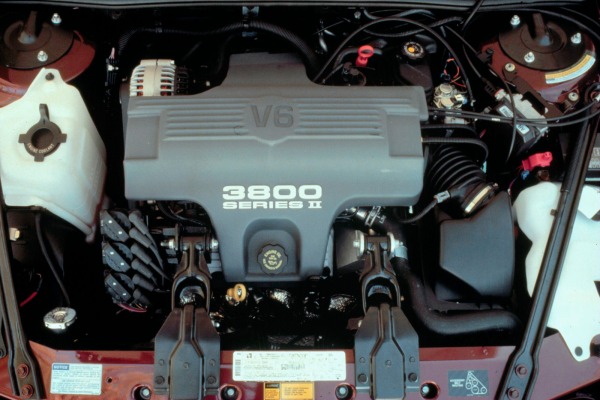
Sometimes the scope of automotive recalls can make it seem that every vehicle equipped with a particular part is suspect. But there might be no reason to panic if you're driving a car that carries a part affected by another car's recall.
The example of General Motors' 2009 recall of 1.4 million cars with 3.8-liter V6 engines also carried in millions of other GM cars is similar to many other examples from other car companies.
Ford issued a series of six recalls between 2000 and 2009 that cover more than 14 million cars and trucks equipped with a potentially faulty cruise control switch that can short out and cause a fire. In March 2012, BMW announced a recall of 1.3 million 2003-'10 BMW 5 Series and 6 Series cars because a malfunctioning electrical system could lead to a fire. And in 2014, a record year for recalls, Honda recalled 5.4 million cars for replacement of faulty airbags supplied by equipment manufacturer Takata Corp.
That adds up to a lot of cars. But it pales in comparison to the number of vehicles that automakers sell in the U.S., an average of more than 15 million a year since 2000, according to Edmunds data.
GM built and installed more than 25 million of the 3800 model V6 engines in its vehicles between 1975 and 2008. The V6 was one of the company's most popular engines for many years and is included on the WardsAuto's list of the best engines of the 20th century. Less than 6 percent are listed in the recall.
The vehicles covered by the GM engine recall were outfitted with the 3800 Series II design, manufactured between 1995 and 2004. They were identified in two phases. A 2008 recall of 207,000 vehicles applied only to turbocharged 1997-2003 Buick Regal and Pontiac Grand Prix models. The 2009 GM recall expanded the list to include more than 1.2 million normally aspirated versions of several GM models including the Grand Prix and Regal.
Here's the full list:
For both GM recalls, the danger comes from engine oil catching on fire after it has been spilled or leaked onto the hot surface of the exhaust manifold. If the oil catches fire, the flames can spread to plastic parts including the spark plug wiring channel and the upper intake manifolds and engine covers.
For more on the issue of recalled but unrepaired cars, please read:
Recalled but Unrepaired Cars Are a Safety Risk to Consumers
How NHTSA Gets Cars Recalled
Post-Recall Problems Pit Owners Against Carmakers